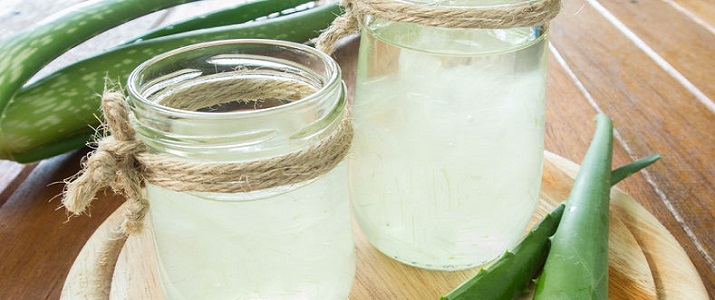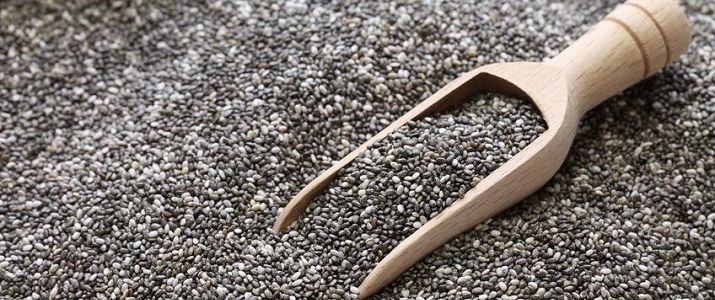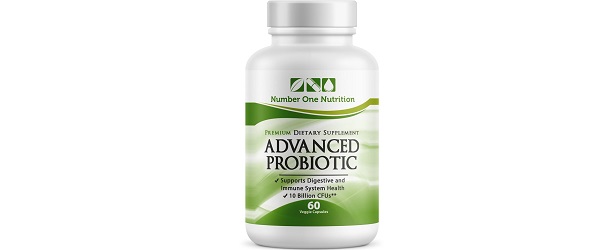
Aloe Vera Juice and IBS
There is something new that everyone is talking about it’s Aloe Vera Juice which is sometimes also referred to as Aloe Vera Water. The juice contains either just the gel/pulp and/or parts of the green leaf which includes the latex – which is all combined together to form the juice. Aloe Vera Juice may be combined with other beverages, juices, and smoothies, and includes many health benefits including regulating blood sugar, improving digestion, and constipation.
Aloe Vera is full of vitamins, nutrients, essential amino acids, and is thought of as a superfood which many overall health benefits.
The Formula
To make an Aloe Vera Juice Smoothie, you will want to combine a milk of your choice (cow’s milk, goat’s milk, almond milk, soy milk, cashew milk or oat milk) along with approximately ½ cup of aloe vera leaf gel. To get the aloe vera gel, take a sharp knife and cut away both ends of a leaf of the aloe. Peel one side of the leaf and scoop out the slimy and clear gel.
Combine with 1 cup of fresh or frozen fruit of your choice, a sweetener of your choice (raw sugar, honey, stevia, maple syrup, agave syrup, or date honey), and 1 tbsp of chia seeds. Blend and serve over ice.
How much sweetener to add is up to you; Aloe Vera Gel is generally speaking fairly bitter but also may resemble a cucumber taste, so it just depends on how sweet you need it to be and how naturally sweet the fruit is that you’ve used.
How Aloe Vera Helps IBS
Aloe Vera has historically been known to help with digestive issues, including both constipation and diarrhea which are common symptoms of IBS. Aloe juice can soothe the digestive tract serving as a natural laxative, and therefore it’s important not to drink too much of the juice daily.
Though there are mixed reviews about the benefits of Aloe Vera Juice on IBS, nothing definitive has been concluded about potential benefits. Yet individuals with IBS claim that it has improved their symptoms vastly, and since it provides many overall general health benefits, there is no concern about introducing it to IBS patients as one of the tools in the treatment toolkit planned together with your physician.
Purchasing Aloe Vera Juice
As with any purchase, be sure to discern which is the best processed Aloe Vera Juice on the market. Check to see if the juice has been prepared with the gel/pulp which can be consumed daily or the entire leaf of the aloe plant (gel/pulp and latex) which should not be taken more than a few times a week or it can cause kidney issues and stomach cramps.
In general, read the label of whatever it is that you are purchasing as there are many Aloe Vera products being sold on the market today that contain no Aloe Vera whatsoever.
Precautions About Aloe Vera Juice
The consumption of Aloe Vera Juice has been found to cause cancer in rats, and so it is worthwhile to take the juice in small amounts. It may also cause cramping and diarrhea which would aggravate IBS rather than provide benefits. It is always beneficial to come to your doctor’s appointment armed with ideas and run them by your physician before implementing them.
TOP 5
IBSTreatments |
|||||
| IBS Clear | BioGanix BioZyme Digestive Enzymes | Nature's Sunshine Food Enzymes | Herbs of Gold IBS Advanced | Kijimea IBS | |
|---|---|---|---|---|---|
| 1 | 2 | 3 | 4 | 5 | |
| Price (1 bottle) Price (6 bottles) best value |
$49.95 $139.70 |
$45.95 $183.80 |
$39.95 $239.70 |
$39.95 $239.70 |
$42.94 $257.64 |
| Overall Rating | 98.7% | 82.00% | 71% | 64% | 61% |
| Effectiveness |





|





|





|





|





|
| Speed of Results | Extremely Fast | Fast | Good | Average | Slow |
| Quality of Ingredients | Premium | Good | Good | Average | Average |
| Customer Satisfaction Evaluation | 99.50% | 81% | 79% | 72% | 68.2% |
| Safety Evaluation | Safe for Use | Safe for Use | Safe for Use | Safe for Use | Safe for Use |
| Customer Service Rating |





|





|





|





|





|
| Reorder Rate | Highest | Good | Average | Good | Average |
| Return Policy | Risk Free | Unused | Risk Free | Unused & Unopened | No |
| Success Rate | 99.60% | 83% | 77% | 71.20% | 69.2% |

 Subscribe Now
Subscribe Now











